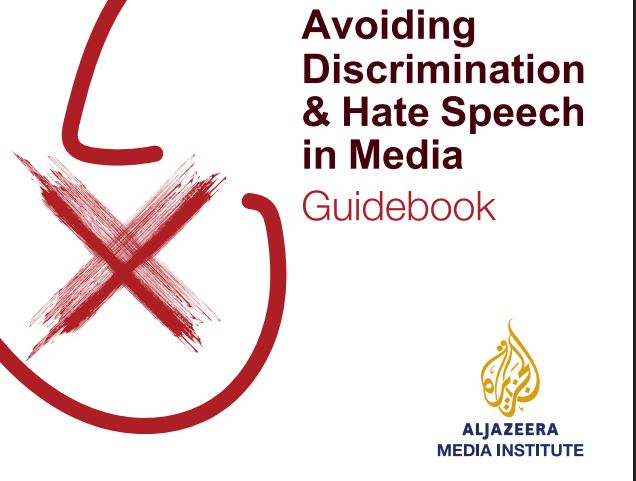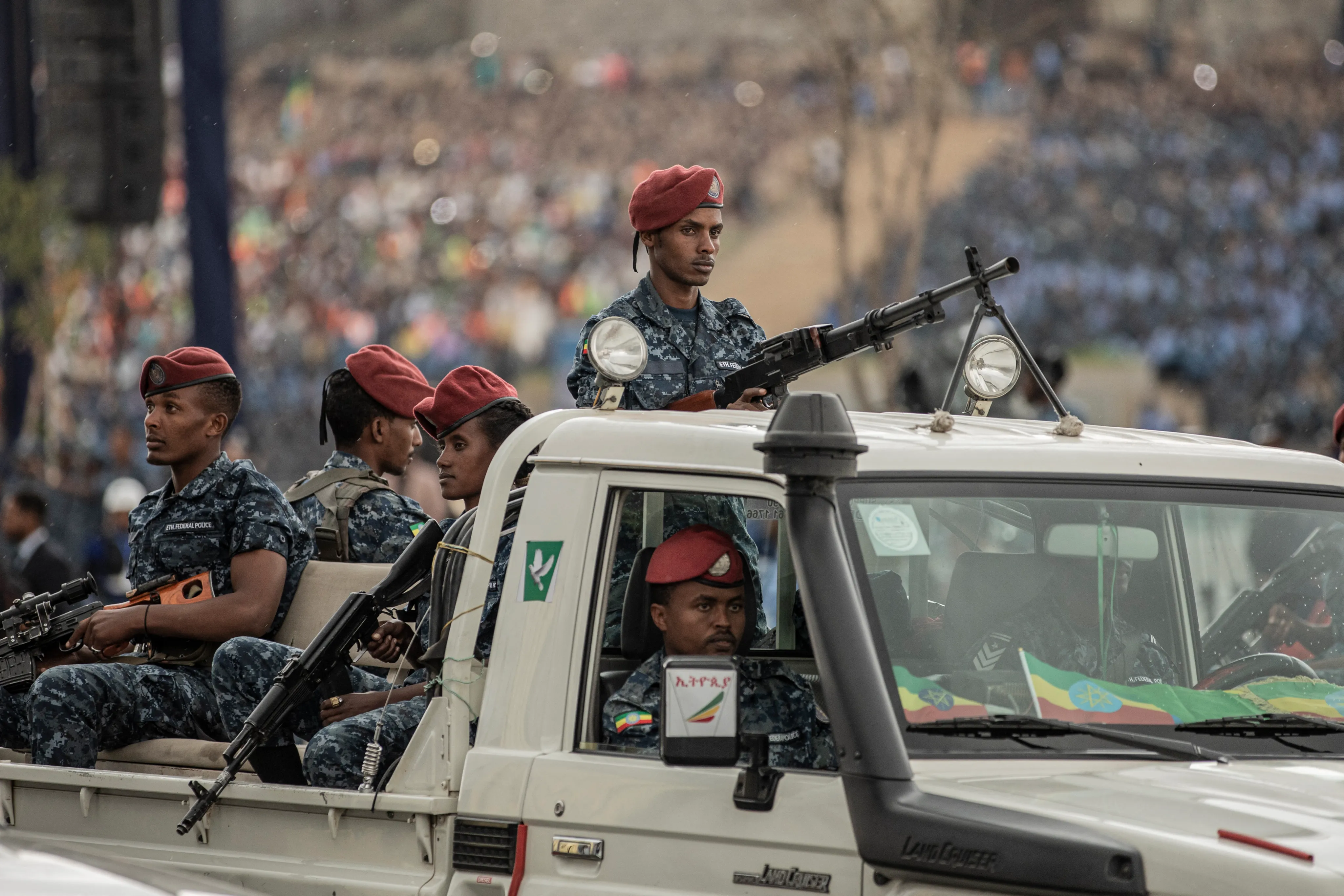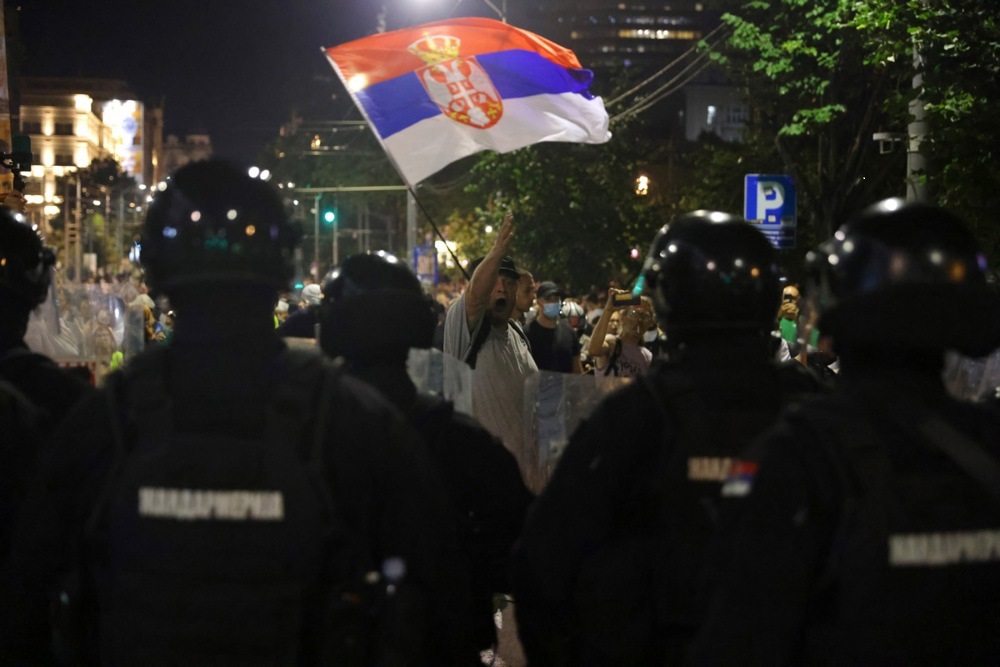
Avoiding Discrimination & Hate Speech in Media
August 18, 2025
Ethiopian Journalists Trapped Between Violence, Political Pressure, and Censorship
August 27, 2025As Serbia grapples with growing political unrest, journalists have increasingly become targets of hostility and violence, marking a historic low for press freedom in the country, according to the International Press Institute (IPI).
Since early 2025, there has been a surge in attacks on media workers across Serbia, especially during anti-government protests catalysed by the deadly collapse of a train station canopy in Novi Sad in November 2024. IPI documents more than 123 incidents since the start of the year, including 15 physical assaults, 71 acts of intimidation, and 34 verbal threats. Many of these incidents occurred near demonstrations, where reporters were harassed, attacked, or prevented from covering events. In one instance, a cameraman was physically removed from a government-organised event; in another, a photojournalist was detained before even being allowed to work.
These physical threats are compounded by digital persecution. Journalists have been targeted with sophisticated spyware, including Pegasus, while others were subjected to surveillance through programs like Cellebrite. These covert actions have instilled widespread fear and hindered the capacity of independent journalism to function freely.
Media watchdogs, such as the Media Freedom Rapid Response (MFRR), have expressed alarm at Serbia’s deteriorating freedoms. They report that journalists face not only violence but also raids, smear campaigns, lawsuits, and systemic censorship. Authorities frequently obstruct press work, and investigations into aggression are often perfunctory and ineffective.
International indices reflect this decline: Serbia now stands near the bottom of global press freedom rankings, placing 98th out of 180 countries in the 2024 World Press Freedom Index by Reporters Without Borders. Press freedom organisations warn of a “media emergency”—highlighting how intensifying threats have dangerously eroded democratic safeguards.
Reference –

